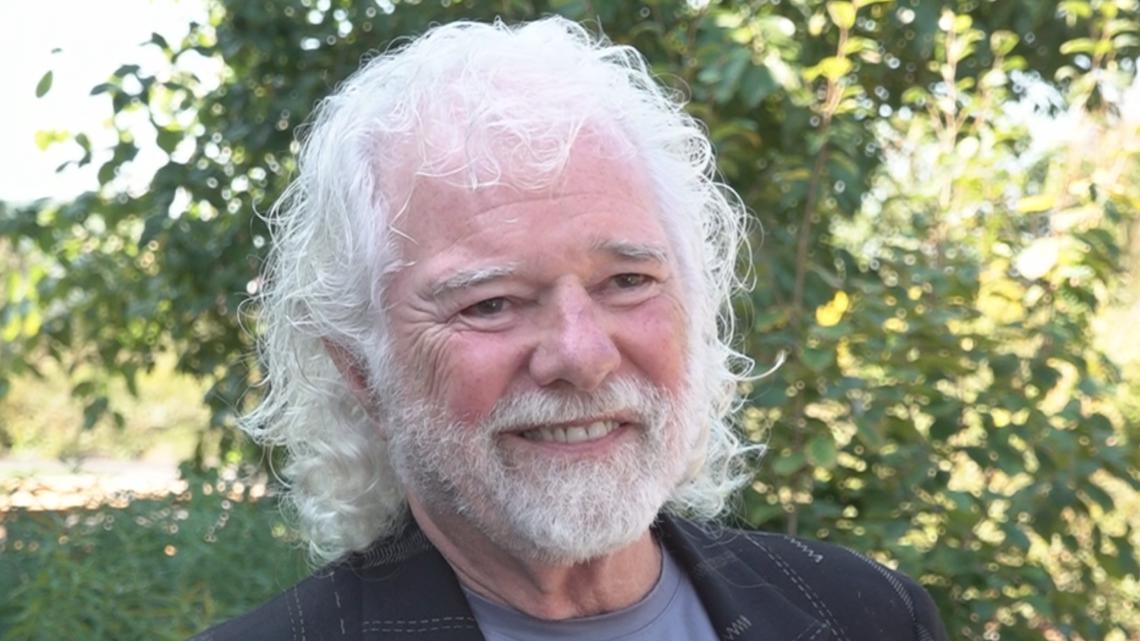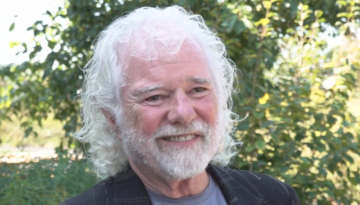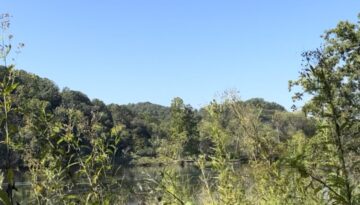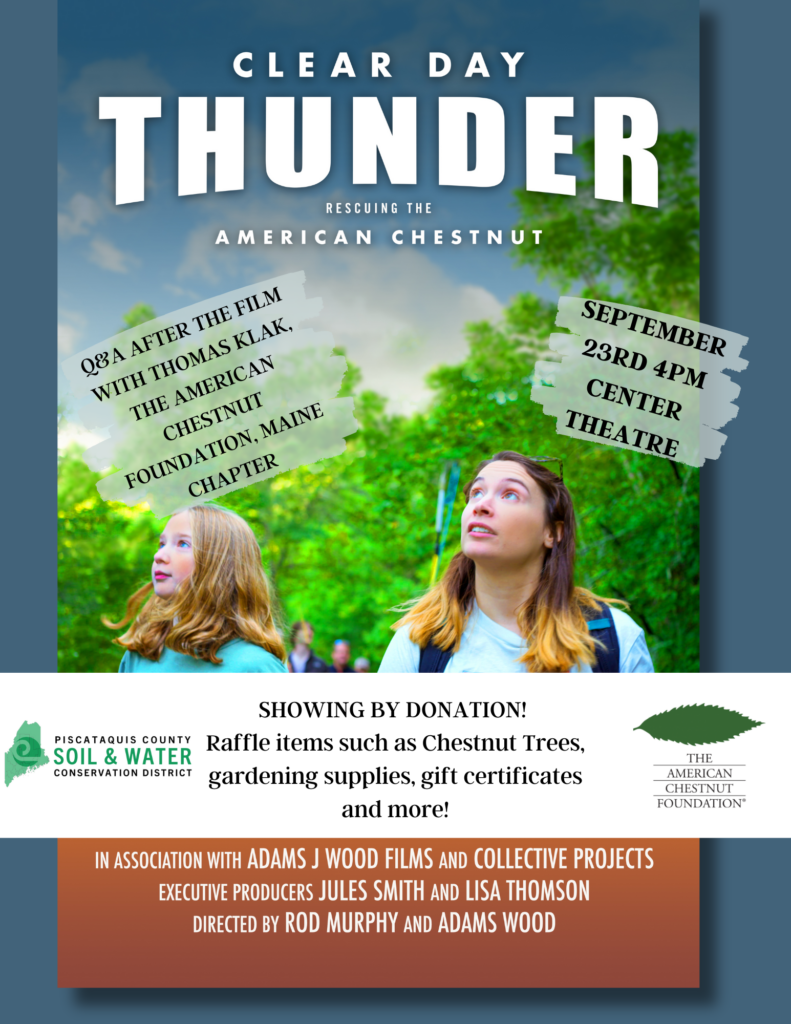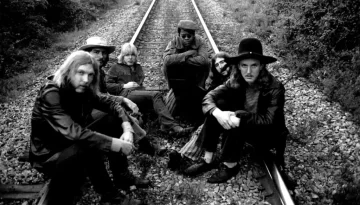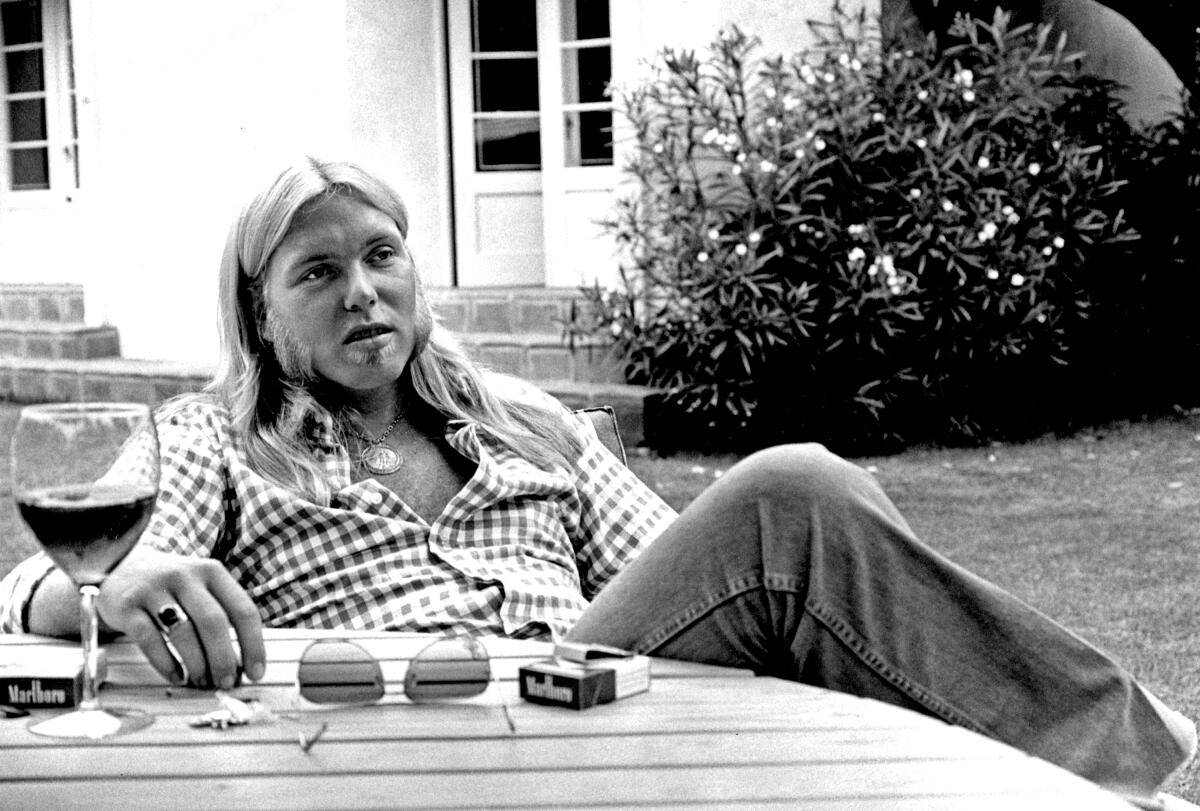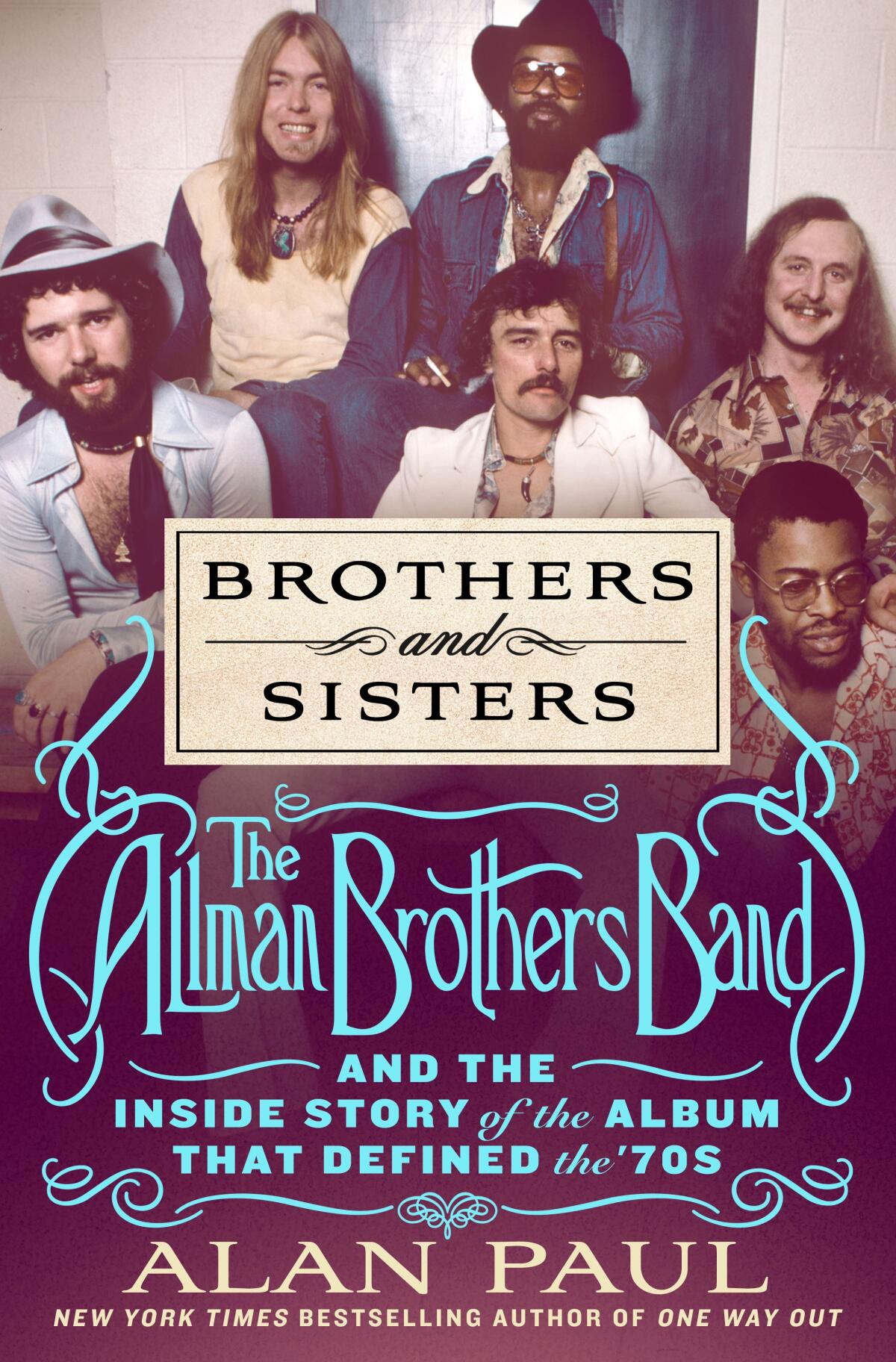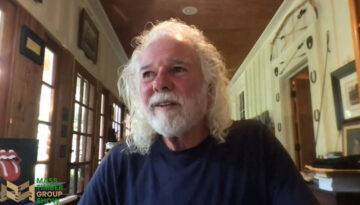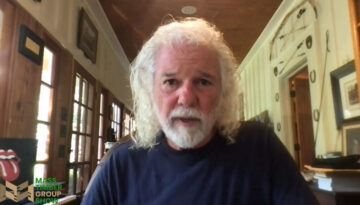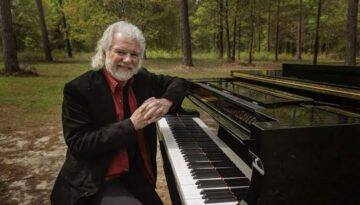Stewards of the land: Legendary keyboardist Chuck Leavell talks conservation, music at parks fundraiser
KODAK, Tenn. — We all — here in East Tennessee and across the planet — owe it to our children and our neighbors to be good stewards of the land, famed musician and conservationist Chuck Leavell told hundreds gathered Friday at the annual Legacy Parks Foundation luncheon and fundraiser.
We have a chance to create art through our stewardship, the longtime Georgian added. But we must be respectful of what we do and we must work together as partners.
“The canvas to perform this art is our own backyards, it’s our own neighborhoods, our own communities and cities, our respective states, this incredible country, Planet Earth,” said Leavell, featured speaker at the Seven Islands State Birding Park in Kodak.
“This is the canvas that we have to perform that art. So I would say, be careful how we mix the colors on the palette, be careful of the brushstrokes. Because I know that all of us who love doing this want to make sure that whatever we paint is a masterpiece.”
The parks group announced at the lunch that philanthropist and businessman Pete Claussen would be donating 90 acres located on the opposite side of the French Broad River to serve as a park addition. He and his late wife Linda have previously donated land for what is now the park.
Legacy Parks executive director Carol Evans also said Friday by working together state agencies and local governments also would be creating a 20-mile “water trail” that would stretch from the park to downtown Knoxville.
Two accessible docks will be installed — at Seven Islands and Asbury Landing — to create access to 5- t 7-mile intervals along the way for “an adaptive experience” that any and all could enjoy.
Hopefully it’ll be the first of many water trails in the state, Evans said.
Legacy Parks is a nonprofit dedicated to preserving and promoting East Tennessee’s bounty of outdoor spaces.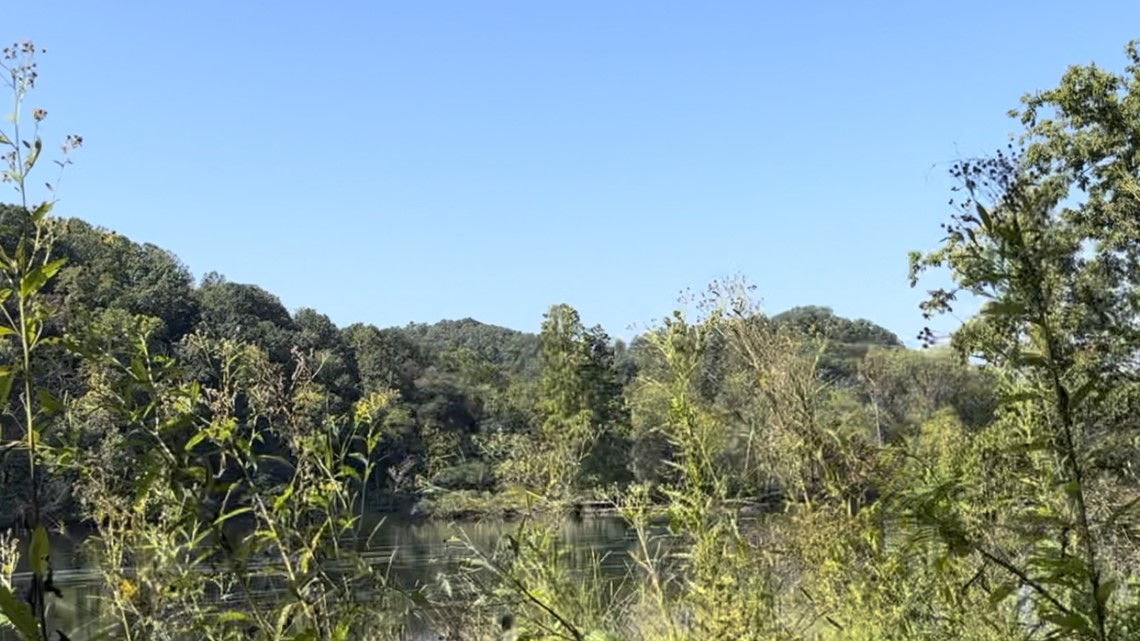
While known internationally for his more than 50 years in rock ‘n’ roll, including stints with the Allman Brothers and the Rolling Stones, among others, Leavell is also a respected conservationist. He and his wife of 50 years, Rose Lane, live on and look after thousands of acres on a plantation near Macon, Ga.
He’s previously been named a National Tree Farmer of the Year and he has hosted a TV series about America’s forests on PBS.
He’s also the subject of a recent documentary, “Chuck Leavell: The Tree Man”. Rolling Stones originals Mick Jagger, Keith Richards and the late Charlie Watts are among the many artists who pay tribute to Leavell in the film.
Leavell said he feels a spiritual connection between trees and the land and his work as a musician because the piano in fact comes from wood.
He told WBIR that Seven Islands is a great example of stewardship in action. But we must do more to look after our natural resources because the nation’s population is only going to go up, he said.
Organizations like Legacy Parks play a vital role in preserving that land, he said. Individuals can also make a difference by doing things as simple as planting a tree.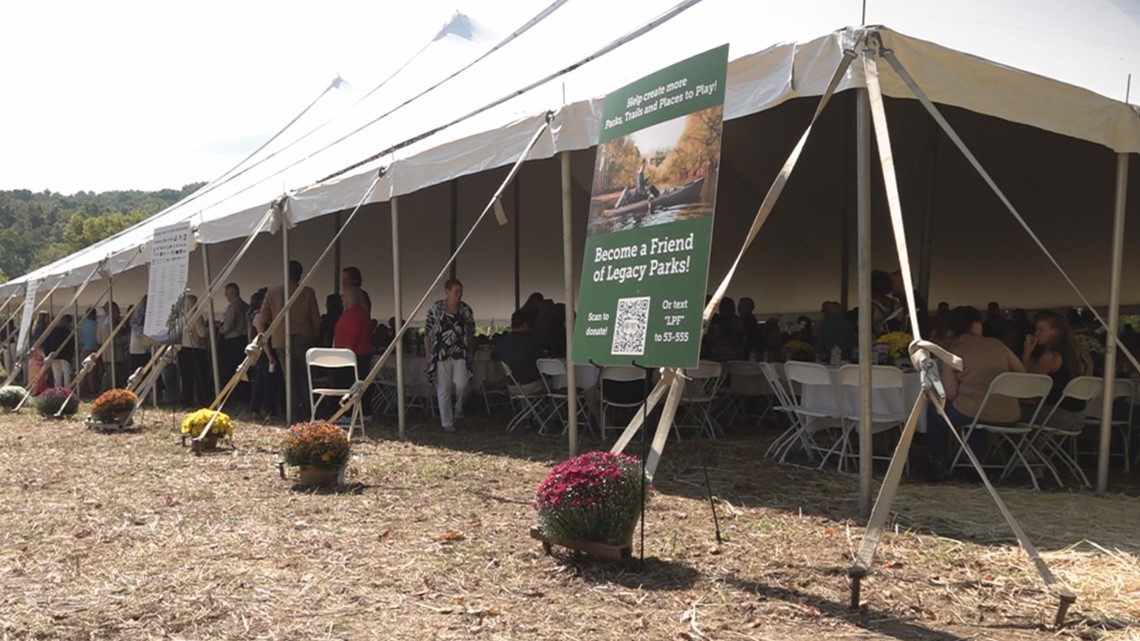
“I have a deep passion and love and reverence for the outdoors, for the natural world, for nature in general,” he said. “There’s a wonderful quote that I like to use from Ralph Waldo Emerson — in the woods we return to reason and faith.
“We all have a lot of busy-ness in our lives, no matter what it is that you’re doing, and there’s a lot of electrical vibes going on with our work and whatnot. It’s so important to balance that, to come to a place like this, walk in nature, plant a tree and remember how important this is to all of us.”
Leavell also talked a little music with 10News.
The Stones, for which he’s been the keyboardist for 40-some years, have a new album coming out, “Hackney Diamonds”. It’s their first album of original material since 2005.
The band, including Leavell, tour fairly regularly, most recently in the U.S. in 2021.
Will his “British brethren,” as he calls them, get back on the road now that the album is out?
“I know we’re all excited about (the new album),” he said. “We don’t have any confirmation of what the immediate future might hold. I think the band wants to work, and we will keep our fingers crossed that that will come about.”
This summer, Leavell, REM’s Mike Mills and Macon native and violinist Robert McDuffie received an Emmy in the Southeast Region for their work on “A Night of Georgia Music,” a concert in Macon that featured songs referencing Georgia and including students from Mercer University. It was broadcast on public television in Georgia.